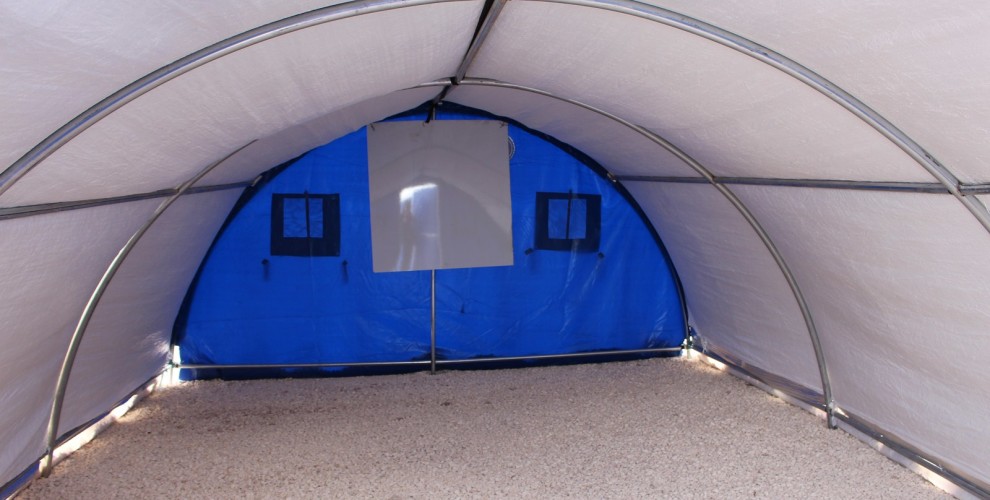First school to open in Shebha camp
After the attacks and invasions of Afrin by the Turkey army and its mercenary gangs, tens of thousands of students in the city had to leave together with their families.
After the attacks and invasions of Afrin by the Turkey army and its mercenary gangs, tens of thousands of students in the city had to leave together with their families.

After the attacks and invasions of Afrin by the Turkey army and its mercenary gangs, tens of thousands of students in the city had to leave together with their families.
Some 250 thousand people had moved to the Shebha area where together with the city and canton institutions have set up the emergency Berxwedan (Resistance) camp.
The Democratic Society Education Committee was working to ensure that 53 thousand Afrin students are able to carry on their studies.
Now, in the Berxwedan camp there are thousands of students of all age and the Education Committee has managed to open 9 tents to turn them into school and so allow the first 471 students in the camp to continue their education. It is expected that the first school will open next week and will give lessons in Kurdish and Arabic, as per curriculum decided by the autonomous administration of the Northern Syrian Federation.
There are 25 teachers in the camp who will provide training and so keep high the education flag in the camp.
Education is one of the most relevant achievements in the new self-government based society in Rojava.
The education system has been organized by a committee part of the Democratic Society for Education (KPC-Democratic). The system is in line with all institutions of the Democratic Confederalism, therefore people and direct protagonists of the education are the ones who make choices as to schools and curriculum too. The spokesperson of the students and parents for example take part in the school administration.
The model implemented is absolutely new not just Syria but for the whole world: indeed Kurds, coming from century of oppression and prohibitions know well what it means for a nation to be prevented from speaking and learning its language and culture and in every institution in Rojava the principle of pluricultural and plurilingualism have been kept high.
In general in schools in Rojava students learn at least three languages. Education is prepared in every three languages. Each child study until year 3 through his/her own mother tongue. In year 4, every child learns other languages present in the canton or city, beside their mother tongue. An in year 5, they also learn a foreign language.
This means that indeed education is comprehensive and students have the opportunity to study in their own mother language without forgetting that they live in a pluricultural society where differences are considered a resource and not - as under the Baath regime or the Turkish fascist state - a limit and something to erase.